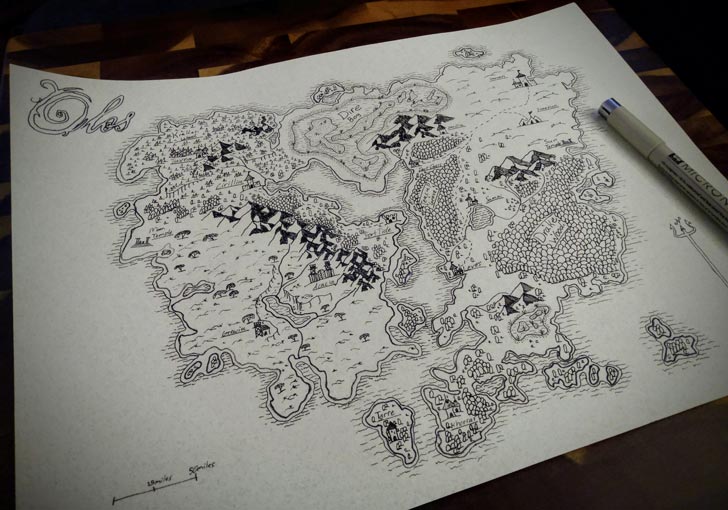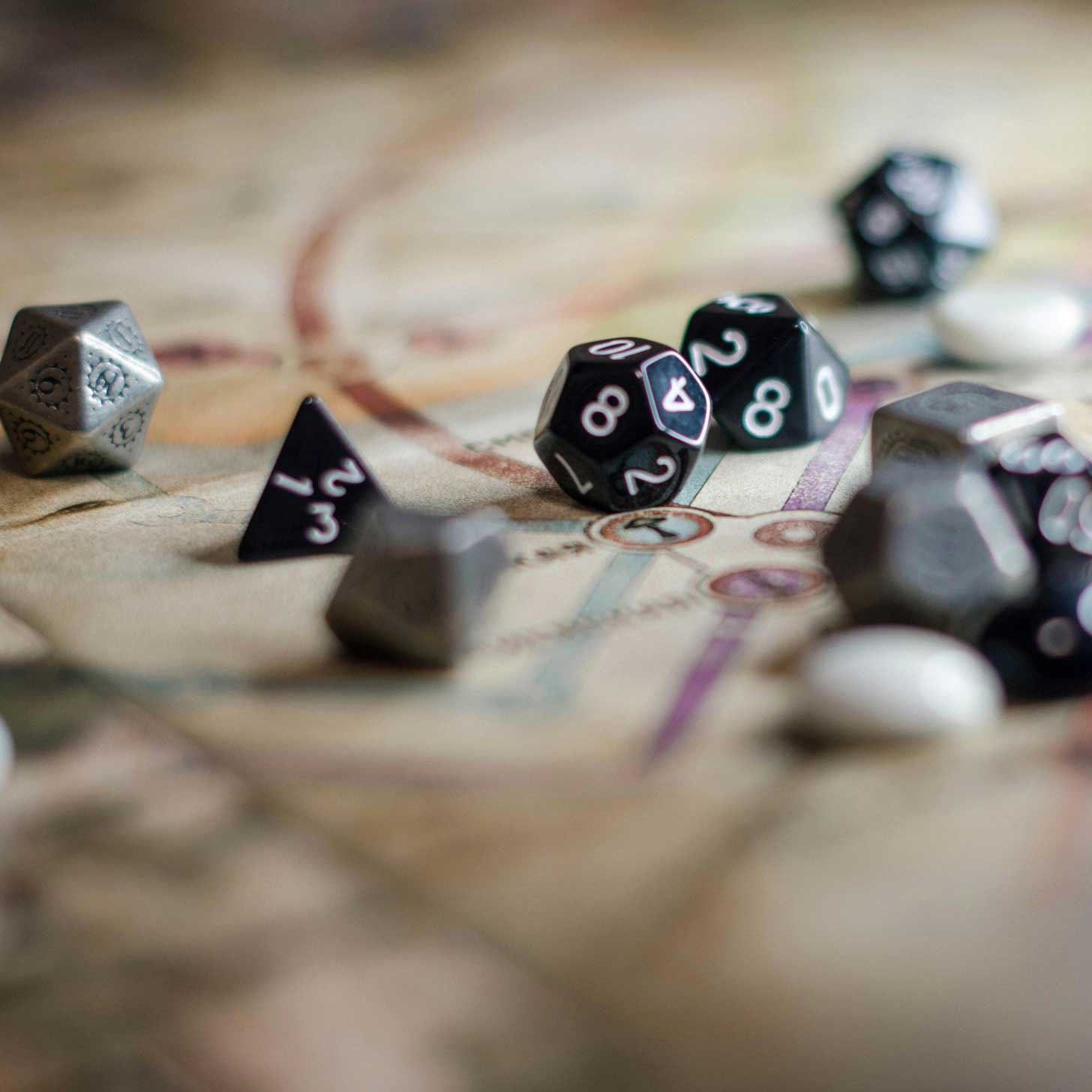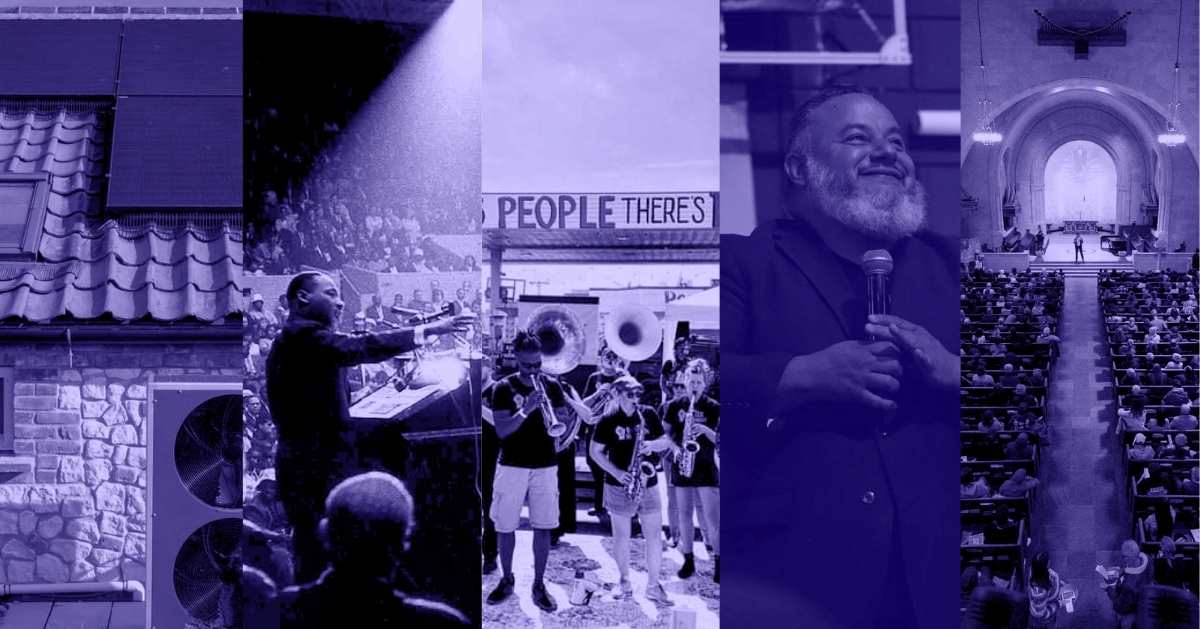Dungeons & Dragons, a table-top roleplaying game beloved by many since 1974 — and made especially popular by things like “Stranger Things” and “Critical Role” in recent years — may be more than just a hobby.
In fact, according to Florida International University’s Emily Messina, it’s “serious leisure.”
“Serious leisure” refers to an activity that demands skill, commitment, and personal fulfillment, Messina defined. With the intricate world-building, score-keeping, and character development required of D&D, she said, it’s a blueprint for serious leisure.

Messina, who is an associate professor and program director at FIU’s Rehabilitation and Recreational Therapy Program, studies how games promote identity-building and connection in all kinds of demographics.
Her latest research, published in “Leisure Studies,” suggests that D&D promotes identity-building and connection, especially for adults who otherwise don’t have an outlet for this kind of social exploration.
The game provides players with “the sense of a safe space and a place to create their own identity,” Messina said in a statement.
“Players were comfortable being themselves by engaging in the game pursuit,” she added, “but at the same time were building personas in line with, or in contrast to, their normal personality. They described it as a way to take charge, or lead an effort in ways that their normal personality would allow for, but they wouldn’t be inclined to do.”
Because of the fantasy element of the game, which invites players to craft their own character — complete with skills, traits, and proficiencies — Messina believes players feel more comfortable without real-world consequences.
“That’s not something you see in other games,” she said. “It’s something they’ve been developing over months or years.”
Along with an outlet for personal expression, the game also provides structure to people who may lack organization in other parts of their lives.
For people managing a mental illness, for instance, who may not be able to have a full-time job, Messina’s research found that the game provided structure to their days.

“The idea of being able to use leisure to structure your time and gain some wins lets you see a positive return on what you’re dedicating your time to, and building on that and seeing your skill sets grow,” Messina said.
“That’s going to turn into self-determination. You’re going to be more motivated to build on your own skill sets and have a sense of autonomy.”
Similarly, the game could be used for young children as a reward structure, or in older demographic groups, like retirees, who rely on a sense of purpose and daily rhythm.
“Post retirement is one of the most dangerous points in an adult’s life,” Messina said. “They lose that sense of structure and possibly their social connection.”
Building structure through leisure activities after retirement has been shown to help older adults maintain their physical, social, and cognitive fitness. It also improves their attention span and decreases depression — something Messina believes can be replicable across demographics.
“The idea of structure and reward with desired pursuit can work for all ages,” Messina said.

And perhaps most relatable to all, serious leisure activities like D&D provide social and emotional benefits by encouraging continued connection with the same group of people over time.
D&D groups often play long-winded games, meeting weekly or more to convene for sessions, and building lasting relationships inside and out of the roleplay setting.
And as people age into adulthood, these connections are vital in maintaining a social life that was previously built for us in childhood.
“As we’re growing older and no longer playing sports, what does that place for leisure activity look like for adults?” Messina asked.
“For example,” Messina added, “for thespians who no longer have plays to take part in after high school and suddenly find themselves working for an HR department, how would they express themselves? Where does that identity go? Dungeons and Dragons would be a good outlet for that.”
When pre-ordained activities like Little League or dance class are less accessible in adulthood, individuals often lose those structured opportunities for teamwork and creative expression. D&D reminds players that there is no age limit on play.
“Leisure allows you to build yourself in positive ways that no other activity does, especially for people who are trying to figure out those next steps in life,” Messina said.
“Leisure is not for the privileged few. The data shows we all need it to give us those wins we really need from time to time when life isn’t giving us wins in other ways.”
You may also like: Remember FarmVille? In the newest version, you can plant trees and save endangered species as you play
Header image by Timothy Dykes on Unsplash



